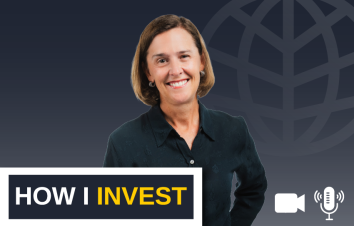December 12, 2024
The Long View—a series from GEM’s Co-CIO, Matt Bank— explores a range of topics relevant to the fiduciaries and allocators of institutional capital.![]()
In Part I of his three-part series on the Endowment Model, Co-CIO Matt Bank discussed the problems with characterizing the model in static, monolithic terms, arguing for a more flexible and nuanced definition.
In Part II, he described some of the flaws in conventional ways that endowment portfolios are measured and evaluated, proposing instead a distinct set of guidelines for determining success.
In this final Part III, Bank examines what it will likely take to be successful investing endowment-style portfolios over the next decade. Even as markets become more competitive every day, he explains why he believes that a combination of institutionally driven portfolio construction, manager sourcing intensity, process efficiency, and organizational alignment is a clear path to differentiated success.

Head of Venture Capital, Kate Simpson, joined David Weisburd on the How I Invest podcast to share how GEM evaluates venture managers and builds conviction through disciplined sourcing, rigorous reference work, and thoughtful fund-level underwriting in an increasingly bifurcated market.
Let’s start a conversation about how we can help.